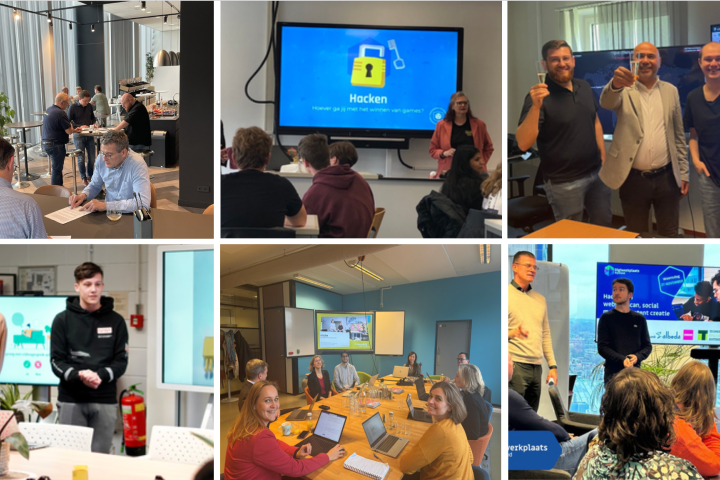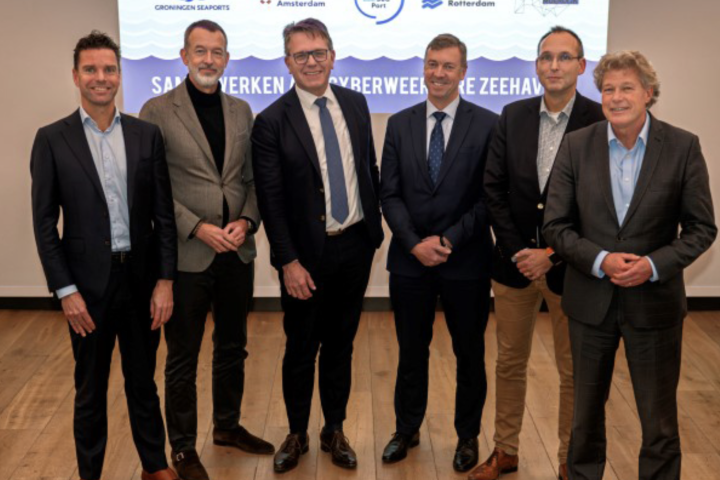New Research Agenda: The Human Factor in Cyber Crime and Cyber Security
A cyber criminal a new type of perpetrator or an ‘classic’ one working in a different field? What are the earning models and can potential victims protect themselves more? Cyber crime is not only a matter of technology but fot he human factor too. In the Research Agenda ‘The Human Factor in Cybercrime and Cybersecurity’, 22 authors illustrate the state of the technological investigation about the role of human aspects.
On 16 May, NSCR chair Catrien Bijleveld handed over the Research Agenda to Dirk-Jan den Boer, chair of the domain social and humanitarian sciences (SGW) of NWO, at the International One Conference 2017 at the World Forum in The Hague. The agenda suggests future investigation by formulating the main research questions and demonstrates innovative investigation methods.
Digitalising involves risks which is widely acknowledged. The vast majority of scientific investigations about cyber crime and cyber security have a strong technologic character. The focus is to develop tools and techniques in order to detect ‘incidents’ or to stop them. Investigations about the human factor within cyber crime and cyber security is essential to make the step from stopping incidents to preventing incidents.
Due to a lack of investigation about the human factor within cyber crime and cyber security, basic questions remain unanswered.
Dirk-Jan den Boer, chair of the SGW domain of the Dutch Organisation for Scientific Investigation (NWO): “Malafide software is a current danger. An example of this are the recent ransomware attacks. The human factor was evident in here. It is good that now there is a research agenda where the science and politics can work with.”




























